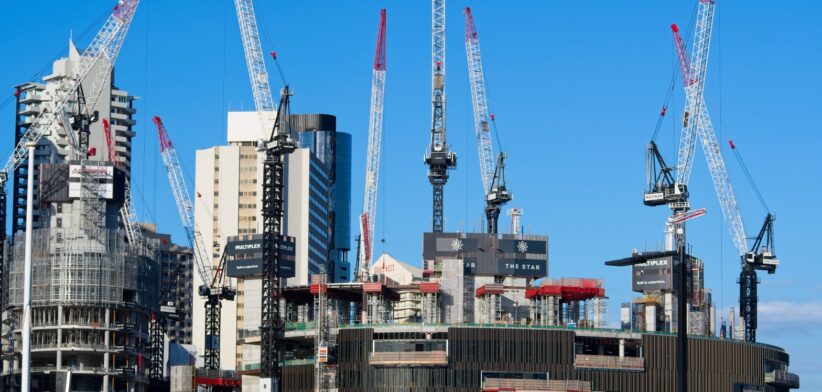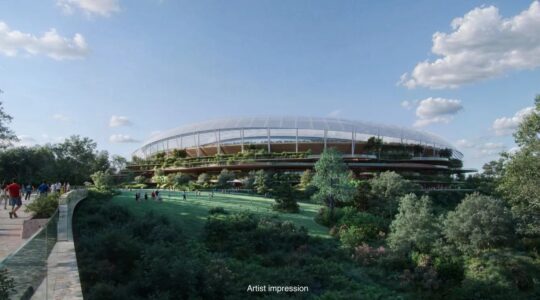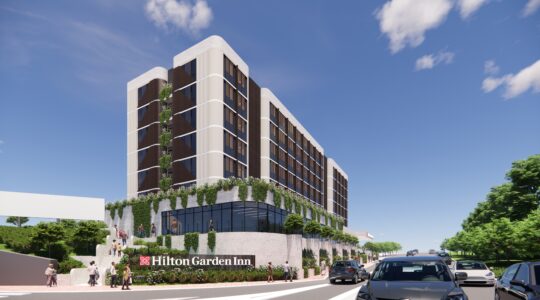A new report has underlined Queensland’s potential as an economic powerhouse in the lead up to the Brisbane 2032 Olympic and Paralympic Games.
Commercial real estate company JLL found Queensland was emerging as a standout economic performer, underpinned by strong population growth, surging infrastructure investment and resilient real estate markets.
JLL Managing Director Queensland Paul Noonan said their latest research showed the state was attracting growing capital interest ahead of the Brisbane 2032 Games, with the city’s commercial property sector offering a rare combination of stability, scale and growth.
Mr Noonan said the state’s economic fundamentals were aligning to place Brisbane firmly in the spotlight.
“Queensland’s economy is firing on all cylinders, propelled by diverse industries and record infrastructure investment,” he said.
“We’re seeing strong momentum across all sectors, with strengthening demand and constrained supply being a key similarity of the office, industrial and retail sectors.”
Mr Noonan said a disciplined approach to state finances had also enabled Queensland to lead the nation in infrastructure investment.
“Public infrastructure investment is forecast to total 5.7 percent of economic output annually over the next four years, leading all major Australian states,” he said.
“This has been enabled by strong state government fiscal management, which has delivered consistent surpluses over the past decade, with the only exception during the COVID-19 pandemic. A responsible approach has enabled strategic infrastructure investments that will underpin growth across property sectors.”
Mr Noonan said Brisbane’s CBD office market had recorded the lowest volatility in vacancy rates nationally over the past decade, supported by steady growth in white-collar employment – up 12 percent, led by healthcare, education, and finance.
He said industrial and logistics were also gaining ground, with Queensland’s $29.2 billion per annual infrastructure pipeline over the next four years representing 5.7 percent of the state’s Gross State Product (GSP) – well ahead of NSW (3.8 percent) and Victoria (3.1 percent).
JLL real estate economist Ronak Bhimjiani said the state’s performance across multiple sectors was building long-term confidence.
“Queensland’s economy has demonstrated remarkable resilience since 2021, with a range of economic variables positioning the state among the strongest nationally,” Bhimjiani said.
“The state’s strategic diversification across sustainability, technology, advanced manufacturing and healthcare is expected to sustain growth over the medium to long term, thereby creating opportunities for the real estate sector,” he said.
“Queensland has also recorded strong growth in Gross State Product and employment over the past three years, and our analysis suggests the outlook remains positive.”
Read the full report: Unlocking Queensland’s potential.








